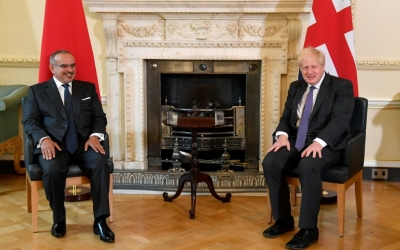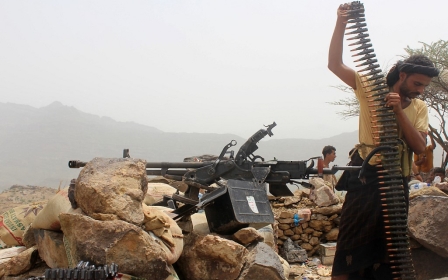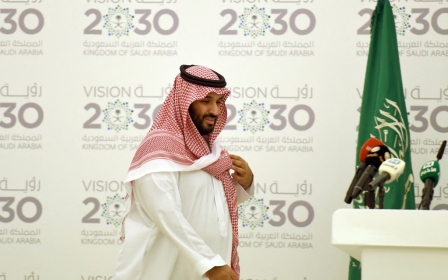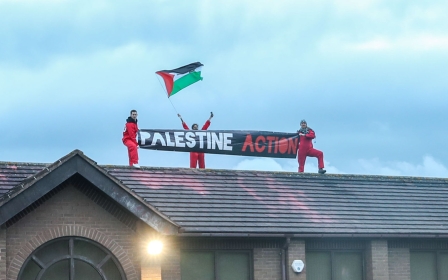UK sold more than $20bn in weapons to countries slammed over human rights
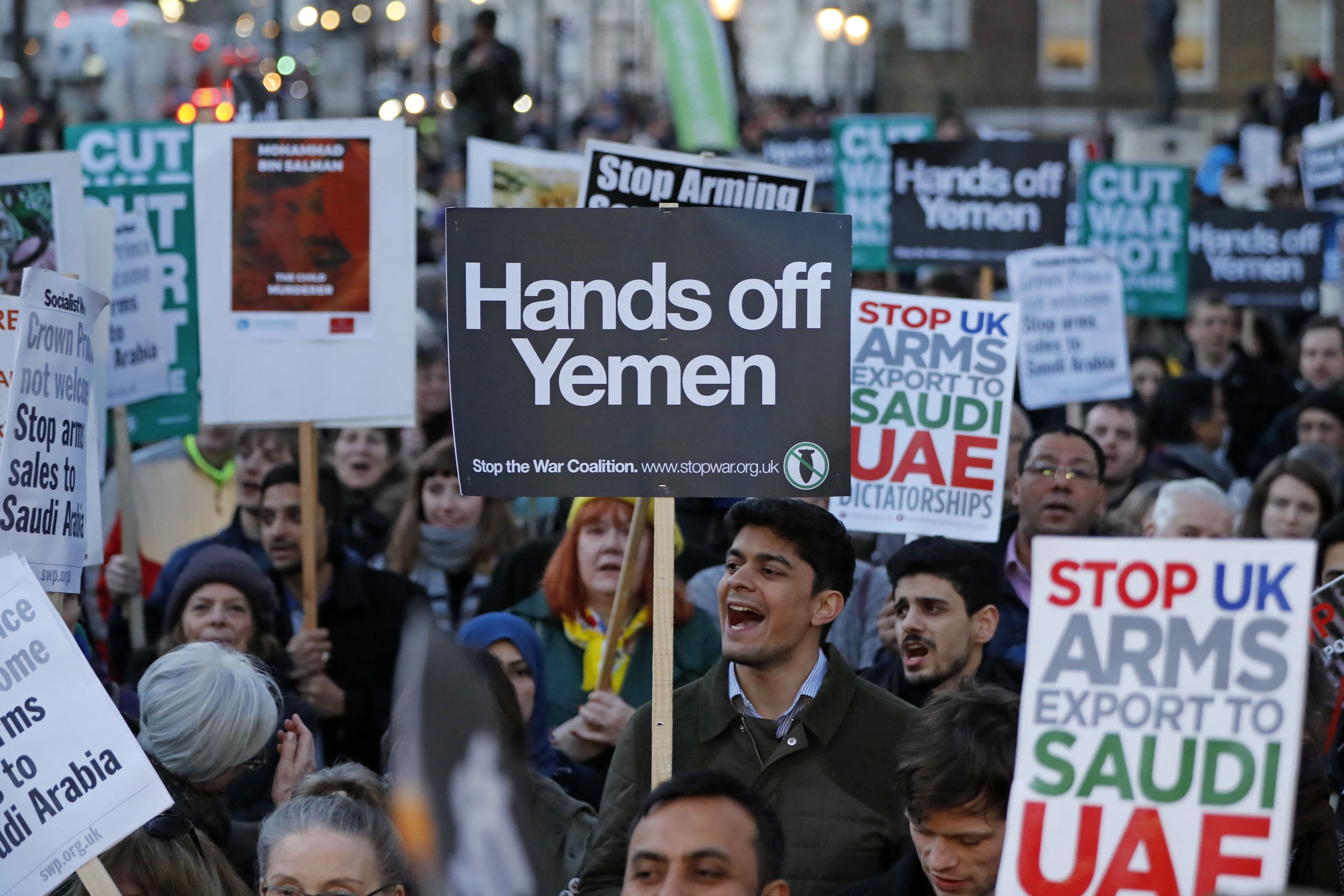
The UK sold arms and military equipment to dozens of countries that have been criticised for their record on human rights and civil liberties, according to a new report.
According to Freedom House, a US government-funded human rights group, between 2011 and 2020 the UK licensed £16.8bn ($23.32bn) in arms to 39 countries castigated over their poor record on human rights, The Guardian reported on Sunday.
The London-based Campaign Against Arms Trade (Caat) also found that during the same period, £11.8bn ($16.38bn) of arms had been authorised by the British government to countries on the Foreign Office's own list of repressive regimes.
The British Department for International Trade has identified nine countries, including Saudi Arabia and Bahrain, as "core markets" for arms exports despite rights groups saying they are guilty of serious human rights abuses.
"These arms sales are not just numbers, they have consequences," Andrew Smith, of the Campaign Against the Arms Trade (Caat), told Middle East Eye on Monday.
New MEE newsletter: Jerusalem Dispatch
Sign up to get the latest insights and analysis on Israel-Palestine, alongside Turkey Unpacked and other MEE newsletters
"As long as arms company profits are put ahead of human rights, then these atrocities and abuses will continue unabated.
"The UK government is always telling us about the important role that it plays on the world stage, which is precisely why these arms sales need to stop."
'Profit before Yemeni lives'
Earlier this year, the British government was accused by campaigners of "putting profit before Yemeni lives" after it authorised the export of almost $1.9bn worth of weapons to Saudi Arabia since a ban was lifted last year.
According to The Guardian, the UK has sold combat aircraft, helicopters, drones, grenades, bombs and missiles to Riyadh since the start of the war, with most weapons licensed via the opaque Open License system.
Yemen has endured years of chaos since the Houthis seized the capital Sanaa in late 2014 and forced President Abd-Rabbu Mansour Hadi to seek refuge in the coastal city of Aden, and then later Saudi Arabia.
The kingdom and its regional allies intervened in the civil war in March 2015, and have since carried out more than 20,000 air strikes in an effort to roll back the rebels, with one-third striking non-military sites, including schools, factories and hospitals, according to the Yemen Data Project.
The protracted conflict has triggered what the UN calls the "world's worst humanitarian crisis", with roughly 24 million people forced to rely on aid while 10 million are near famine.
"Many of these [UK] sales are going to despots, dictatorships and human rights abusing regimes. They haven't happened by accident," Smith said. "None of these arms sales would have been possible without the direct support of Boris Johnson and his colleagues."
Earlier this month, human rights groups expressed outrage after UK Prime Minister Boris Johnson hosted Bahrain's crown prince but failed to discuss the Gulf state's dire human rights record.
"[Johnson] should be embarrassed to hold meetings with a regime that holds political prisoners as hostages, tortures children and throws critics in jail and not even have the guts to bring up human rights," Sayed Ahmed Alwadaei, director of the Bahrain Institute for Rights and Democracy (Bird), told MEE.
Middle East Eye delivers independent and unrivalled coverage and analysis of the Middle East, North Africa and beyond. To learn more about republishing this content and the associated fees, please fill out this form. More about MEE can be found here.


